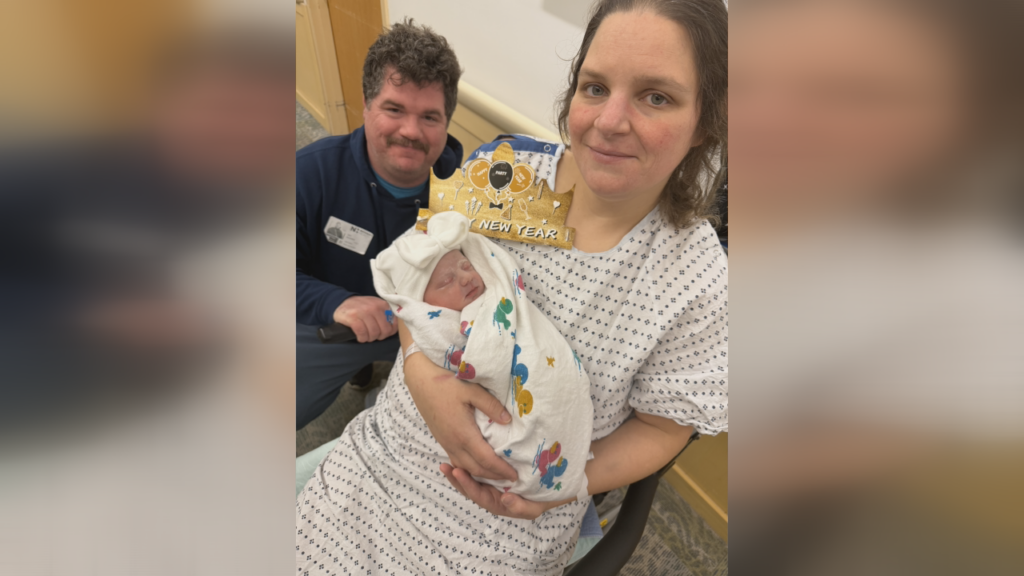Colorectal cancer signs, symptoms and treatment options as younger patients diagnosed
Novant Health colorectal surgeon Whiyie Sang, M.D. talks about the rise in cases among young people and the current protocol for screening
LELAND, NC (WWAY) — An alarming rise in the number of young people diagnosed with colorectal cancer has doctors talking about the importance of early detection and treatment.
Whiyie Sang, M.D. is a Novant Health colorectal surgeon. He recently spoke with Good Morning Carolina’s Donna Gregory about the importance of knowing the signs and symptoms of that type of cancer and seeking medical attention as quickly as possible.
“A change in bowel habits, blood in your stool, sometimes abdominal pain,” Sang said. “So when you see these you should definitely see a doctor.”
“First see your primary care physician, and they would at least do some sort of initial workup, and then refer you accordingly.”
Dr. Sang says the treatment protocol for colon cancer is fairly standard.
“The mainstay of treatment is usually surgery first, but it depends on what stage you get diagnosed at so it could be anywhere between surgery, and a mix of that and chemotherapy.”
“The surgery is to remove part of your colon,” Sang explained, “and we do these minimally invasive now, we do these laparoscopic or using the robot platform.”
The recovery time can be anywhere between 2 and 6 weeks, Sang added.
He says colonoscopy is the gold standard for screening for colon cancer, but some younger people may be afraid of the procedure.
He says some of the alternative ways of screening aren’t as good as a colonoscopy but are still acceptable.
Sang discussed stool-based tests including fecal occult blood test, FIT [fecal immunochemical test] or a popular one on the market now, Colguard.
“Those are things you can do in your home,” Sang said. “You essentially go to the bathroom, send it in through the mail and you get a result back.”
He said the caveat is that if the test comes back positive, the next screening would be a colonoscopy.
“Screening recommendations have recently changed to [age] 45, because we’ve seen that so many young people under the age of 50 have been diagnosed with colon cancer,” Sang reported.
He says to focus on prevention, live a healthy lifestyle, be active, avoid high-fat foods and too much red meat, and stay away from smoking and heavy alcohol consumption.




